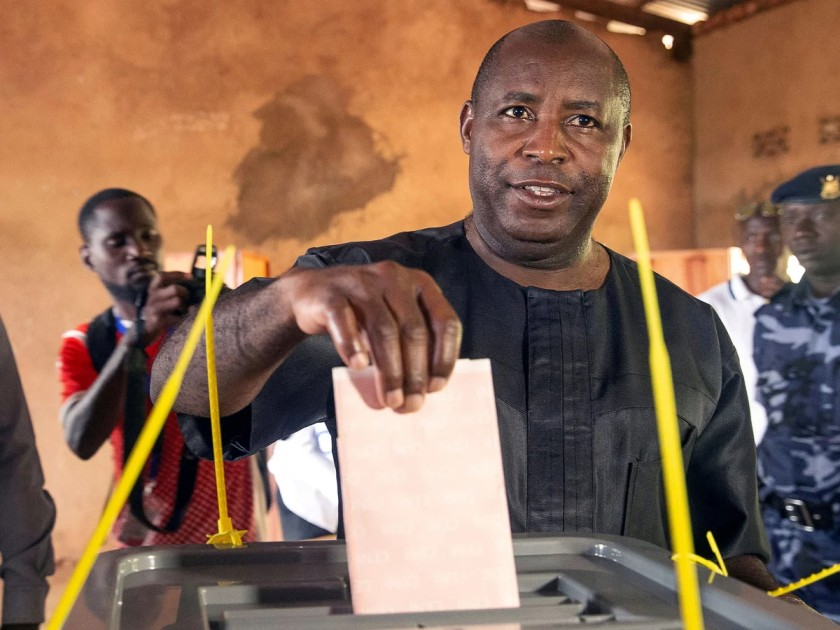Burundi will hold national elections on Thursday, marking the first vote since President Évariste Ndayishimiye took office following the death of his predecessor in 2020.
Although Ndayishimiye is not on the ballot, as his seven-year term runs until 2027, the election is a key test of his leadership and the strength of his party, the Council for the Defense of Democracy–Forces for the Defense of Democracy (CNDD-FDD).
The CNDD-FDD, which began as a rebel group during Burundi’s civil war, has controlled the government since 2005.
This election will choose members of the National Assembly, with 100 of the 123 seats directly elected by voters.
The remaining 23 seats are reserved for special groups. Local council representatives will also be elected.
Burundi’s political landscape remains shaped by deep ethnic divisions, mainly between the majority Hutu and minority Tutsi communities. While reforms have helped reduce violence, tensions are still strong.
Last year, proposals to change rules that reserve government and parliamentary seats by ethnicity sparked concern, but President Ndayishimiye delayed the talks to maintain peace.
Minority groups like the Twa continue to feel excluded from political processes.
The election system aims to ensure fair ethnic and gender representation. Sixty percent of seats must go to Hutus, 40% to Tutsis, and three seats to the Twa.
Women must hold at least 30% of seats. However, the system’s complexity favors political parties over independent candidates, who face a high 40% vote threshold to win a seat compared to just 2 percent for parties.
The ruling CNDD-FDD remains dominant, tightly linked to many government sectors.
The main opposition, the National Congress for Liberty, is weakened after its leader was removed earlier this year.
In response, four smaller opposition parties formed a coalition called Burundi Bwa Bose (“Burundi for All”) in late 2024, but experts say this group lacks the size and funding to seriously challenge the ruling party.
Burundi’s vote comes amid tough economic conditions. The country is among the poorest globally, with rising food prices worsening hardships.
Economic growth is slow due to corruption, limited foreign investment, and weak international support.
President Ndayishimiye plans to seek more aid and partnerships across Africa and beyond, but experts expect progress to be slow.
Political tensions with neighboring Rwanda also remain high.
Burundi accuses Rwanda of backing rebel groups while maintaining ties with the Democratic Republic of Congo.
This strained relationship is likely to bring more border restrictions and continued mistrust.

